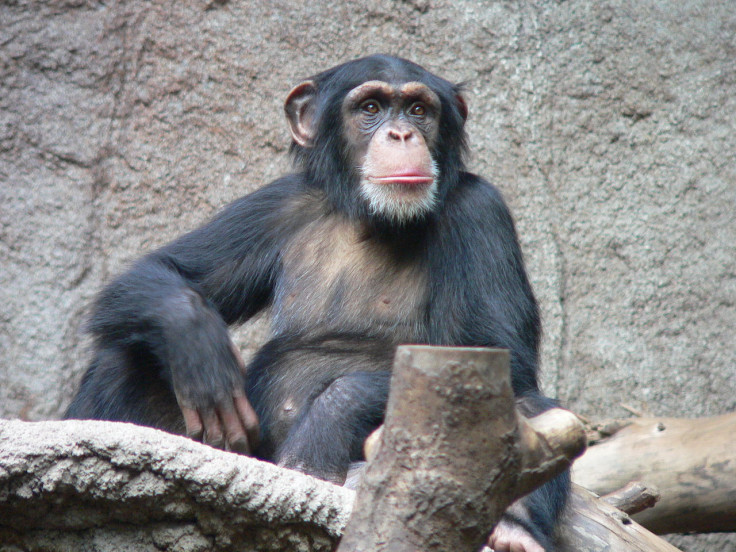Lawyer campaigns for chimpanzees to be granted human rights

A US lawyer has described his mission to prove that chimpanzees, dolphins, elephants and gorillas should be given the same legal rights as humans.
Steven Wise, who addressed the TED Conference in Vancouver, explained that personhood was a legal concept which applied to companies, religious sites and even parts of nature such as rivers, and so should be granted to some animals.
"Personhood is not a biological concept, it is a public policy concept," Wise told AFP. "The legal system decides it; human being is not synonymous with person."
Wise has argued for decades that some animals ought to be granted legal personhood, and is president of the Nonhuman Rights Project, which campaigns for animals' rights.
Members of the group have found chimpanzees living in appalling in parts of New York, and have applied for writs of habeas corpus – a request for a court to determine whether a person's detention is legal. If granted the writs would grant the animals the same legal standing as humans who are illegally imprisoned.
Wise said that even lawyers who were sympathetic to his arguments would not take the step of granting chimps legal personhood.
However, Wise is confident that animals will eventually be granted some form of personhood.
"Once that wall is pierced, judges will realize that they have to make more nuanced, rational decisions," Wise said.
"I think there is a tide of history and judges need to swim with it and not against it," Wise said.
"Orcas [killer whales], apes, chimps and elephants should at least have the right to bodily liberty. I am not talking the entire animal kingdom, but lines have to be drawn."
Wise, author of Rattling The Cage, argues that chimps and some other animals have traits such as sophisticated memory and the capacity to use language, meaning they should not be treated as property.
"Like humans," he wrote in a legal memo on behalf of one chimp, "chimpanzees have a concept of their personal past and future… they suffer the pain of not being able to fulfill their needs or move around as they wish; [and] they suffer the pain of anticipating never-ending confinement," reports the New York Times.
© Copyright IBTimes 2025. All rights reserved.






















